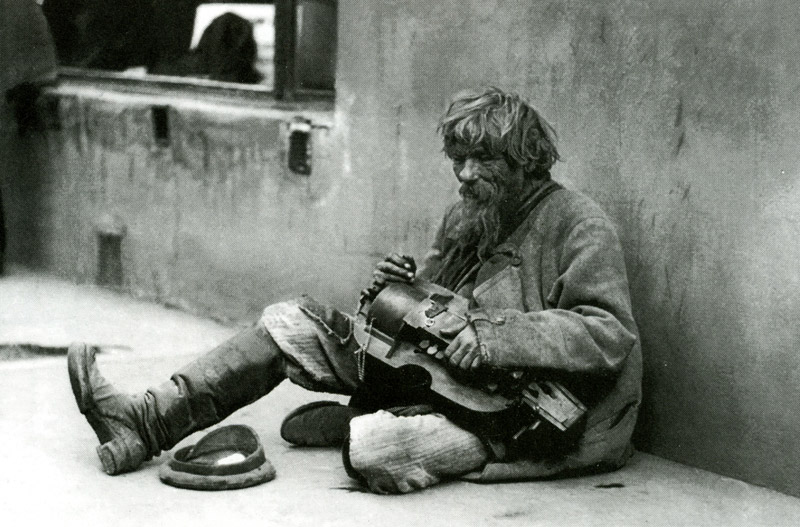Just before Christmas I found myself hurrying home for, to be honest I don't remember what, when I got stopped by a red light. There, in spite of the cold, on the grassy median, was a man with a cardboard sign begging. His sign indicated that he was willing to work for food. My first thought was, "Do I have any money or perhaps a Chipotle gift card?" I have been taught by my children that when you see someone begging you should give. But before I checked my wallet, and besides I was in the wrong lane to help, the light turned green.
As I drove away, I had a fleeting thought that I could turn around, park across in a nearby lot, cross the street, and find out that man's story. I'm sure I could have helped him somehow. But a quick excuse--my fingers freeze at about 45 degrees (thank you Raynaud's) and it was way below that--and I was on my way.
I have reflected on this experience several times since then. The Lord I realize now was testing me. And I failed.
Sometimes when reading the story of the good Samaritan I have judged the "certain priest" and "Levite" who passed by on the other side of the road. Intellectually I could say, "There's a little more priest in me than I would like to admit." But now if I am being completely honest, I must see myself in their shoes. (Not so much the Levite's who "came and looked on" the wounded man before passing by on the other side; I am more like the certain priest who merely passed by.)
(Incidentally for an interesting examination of the parable of the Good Samaritan, I recommend
Daniel K. Judd's BYU devotional on mental health. (Alas the text is not available, so you have to listen to it.) The last few minutes he reviews this parable. I had never thought of asking myself if I was like the host who was willing to help, but only for a price.)
I want to be the kind of man who crosses the street to help another in need. So I guess this is something of a confession. I make a lousy Samaritan. Hopefully the Lord will forgive me for my priestly behavior.

